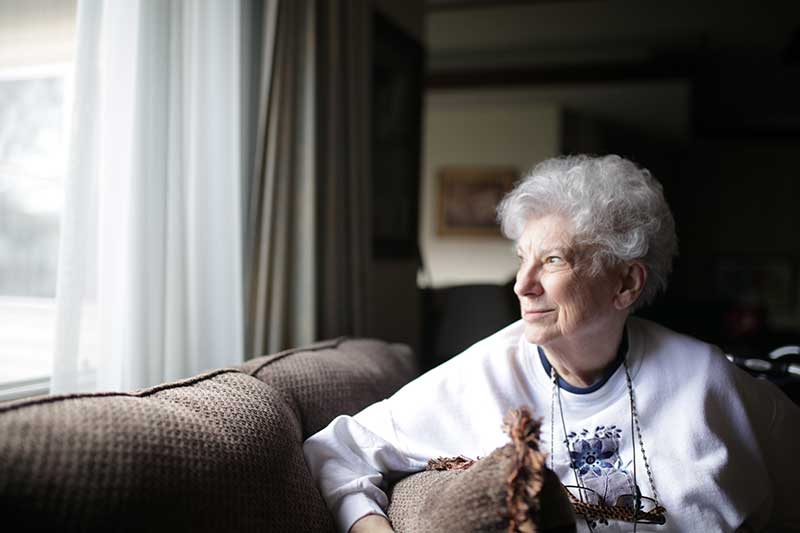In the tapestry of life, social ties are the threads that connect moments of joy, support, and belonging. Maintaining meaningful relationships and remaining socially engaged is critical for seniors’ total well-being, not simply for companionship. However, the threat of social isolation and loneliness looms large in the lives of older persons, affecting their physical health, emotional well-being, and overall quality of life. In this blog article, we’ll look at the serious implications of social isolation on senior health and discuss practical ways to promote social ties and prevent loneliness.
The Quiet Epidemic: Understanding Social Isolation and Loneliness
Social isolation and loneliness are more than fleeting emotions; they are serious public health issues with far-reaching consequences. Social isolation is defined as a lack of social contacts and interactions, whereas loneliness is the subjective experience of being alone or without meaningful relationships, regardless of the number of social contacts. Both social isolation and loneliness have been associated to a variety of negative health effects, including a higher risk of depression, anxiety, cognitive decline, cardiovascular disease, and premature death.
The Effects on Senior Health
The effects of social isolation and loneliness on elders might be extremely severe. As people age and their lives change, they may suffer losses such as the death of a spouse, retirement, or physical constraints that limit their capacity to participate in social activities. Without frequent social engagement, older persons are more likely to feel lonely, which can have a negative impact on their physical and mental health. Chronic loneliness has been linked to higher levels of inflammation, reduced immunological function, elevated blood pressure, and an increased chance of developing dementia and Alzheimer’s disease.
Strategies for fostering social connections
Despite the hurdles, seniors can use a variety of tactics to build and sustain meaningful social connections, which foster a feeling of belonging and purpose in their life.
- Maintain Contact with Loved Ones: Make an effort to communicate with family members, friends, and neighbors on a regular basis, whether through phone conversations, video chats, or face-to-face visits. Share your tales, memories, and experiences to establish and maintain relationships.
- Join Community Groups and Activities: Engage in community groups, clubs, or religious organizations that share your interests and values. Take part in group activities like reading clubs, workout classes, or volunteer opportunities to meet new people and make connections.
- Embrace Technology: Use technology to stay connected with people, particularly those who are physically isolated or unable to leave their homes. Learn how to communicate with friends and family through social media platforms, messaging apps, and video conferencing technologies.
- Explore Senior Centers and Programs: Take advantage of your community’s senior centers and programs, which offer chances for socialization, recreation, and education. Attend events, workshops, and outings to connect with other seniors and form connections.
- Volunteer and Give Back: Offer your time and skills to assist those in need, whether through community service initiatives, nonprofit organizations, or mentoring programs. Giving back to your community not only helps others, but it also gives you a sense of accomplishment and purpose.
- Foster Intergenerational Connections: Engage with younger generations through intergenerational programs, mentoring partnerships, or participation in activities with grandchildren or local youth organizations. Sharing expertise, experiences, and viewpoints can enrich both people’s lives and form long-lasting friendships.
- Seek Professional Help: If feelings of loneliness continue or have a substantial influence on your well-being, don’t be afraid to seek help from a mental health professional, counselor, or senior-focused support group. Speaking with someone who understands and can offer advice can be reassuring and validating.
Developing Connections and Nurturing Well-Being
Social ties are the vivid threads that add color and warmth to our lives. Fostering meaningful relationships and remaining socially engaged is not just a source of delight for seniors, but also a prescription for good health and happiness. Older individuals can build a sense of belonging, purpose, and energy in their life by emphasizing social relationships, taking advantage of opportunities for engagement, and requesting help when required. Remember that you are never alone on this trip, and there is a large network of support ready to embrace you. Reach out, connect, and cultivate the relationships that will enhance your life and nourish your spirit.
